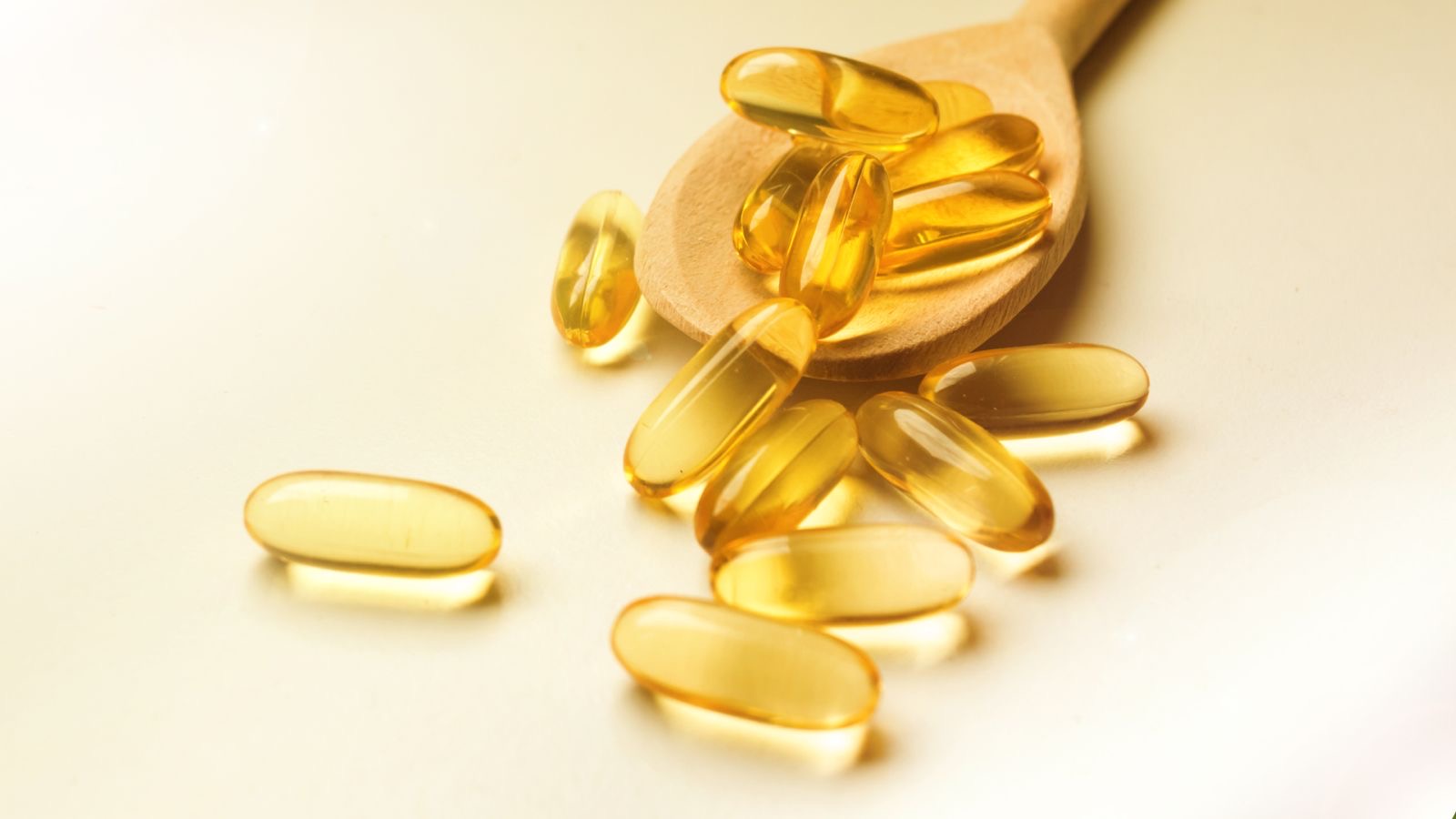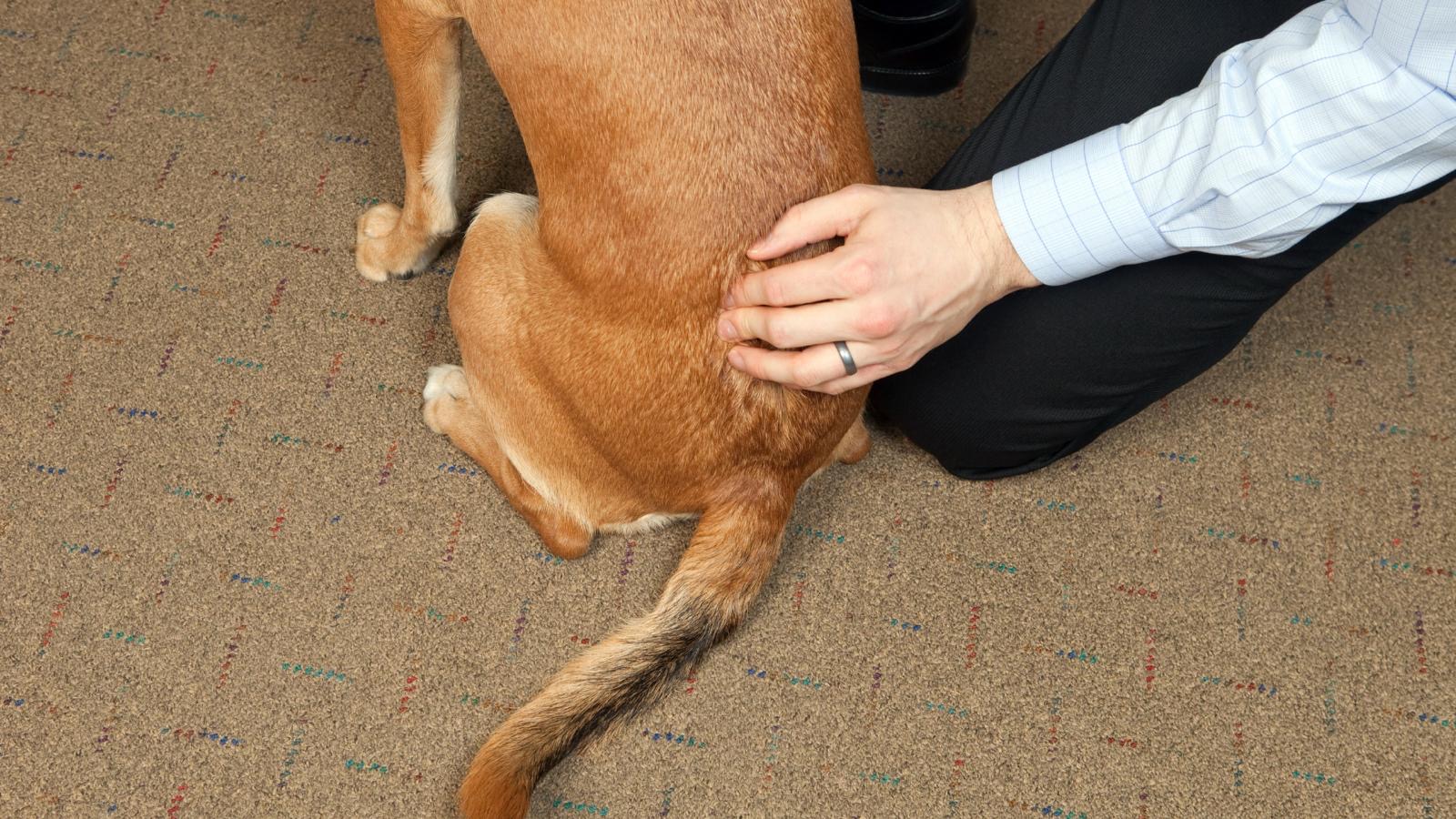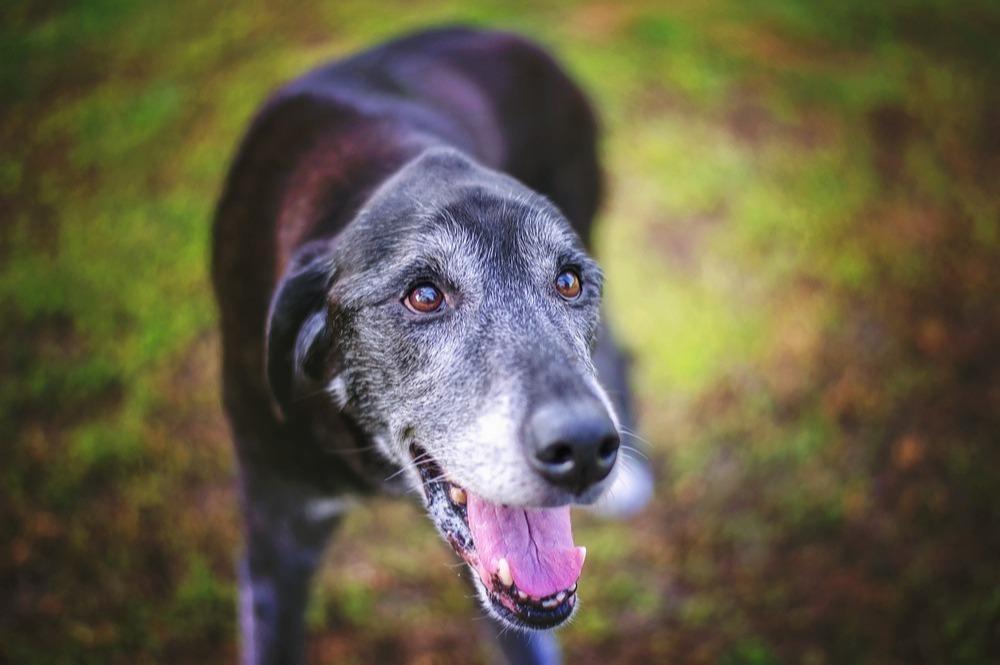
We know the nutritional needs of puppies are quite different to the adult dog, but the adult dog in many of our eyes simply remains an adult dog. The reality is that our adult dog will become a senior dog and with that comes its own set of challenges.
There are a number of system changes that can occur in the senior dog, and for those your dog deserves more personalised attention, but there are some great nutritional additions that can support nearly every senior dog!
Here are 5 of our favourites!
It seems there is a protein that can defend the brain against shrinkage and support its regrowth and repair. It is known as BDNF (brain derived neurotrophic factor). This is important across all life-stages, but even more important if we are looking to maintain sufficient cognitive function in our senior dog.
Omega-3 Fatty Acids have been seen to normalise BDNF levels in the brain. They are also thought to be neuroprotective in that they protect neurons from death.
Not only that but we know that omega-3 fatty acids play a role in inflammation and when many of our senior dogs can suffer with inflammatory musculoskeletal issues, the inclusion of these compounds in the diet provide a win, win situation!
Great sources of Omega-3 for the dog include fatty fish like sprats, sardines, mackerel, and salmon. You can also source a good quality supplement.
Essential Fats For My Dog’s Diet
When including both omega-3 and Vitamin B12 in the diet, higher levels of BDNF are found in the hippocampus and cortex. Vitamin B12 is a water-soluble vitamin that keeps nerve and blood cells healthy. It is also involved in energy production and more.
There are no plant-sources of B12, it is produced in the gut of vegetarian animals, then absorbed into their bloodstream, and makes its way around their body. Their tissue then provides B12 to whoever eats it.
Adequate stomach acid secretion/production along with intrinsic factor is necessary for the absorption of B12 and these processes can be compromised as both us and our pets age.
Sources of B12 include meat, fish and eggs but again, it can also be found in supplemental form.
Why Your Dog Needs Vitamin B12
Bone broth is a liquid containing brewed bones and connective tissues.
Bones themselves are rich in vitamins and nutrients, including calcium, magnesium, and phosphorus. In addition, brewing connective tissue into bone broth provides the body with natural compounds from the cartilage. You will also find collagen and cooking collagen turns it to gelatin, which provides the body with amino acids, which are the building blocks of proteins.
It is not possible to say how much of any nutrient will be in a particular batch of bone broth, since this largely depends on the type and quantity of the bones and tissues that went into it, but a good rotation of bones and tissues will provide a range of nutrients.
A 2017 review suggests that both laboratory and animal studies show that gelatin supplementation increases the amount of collagen in the tissues which may help protect the joints from unnecessary stress, as we mentioned, gelatin is formed by the cooking of collagen.
Other data has suggested that collagen can improve knee joint symptoms, such as pain, stiffness, and poorer physical function, in humans with osteoarthritis.
The word protein comes from the Greek meaning “of prime importance” and it really is. Protein is the building blocks of the body.
When our senior dog eats sources of protein like lamb, beef or eggs they are broken down in the stomach and then reassembled by the liver to form new proteins which carry out a range of jobs throughout the body.
We have structural proteins which are key components of hair/fur, skin, nails, muscles, tendons, ligaments, and cartilage. This is why signs of low protein include dry skin, poor coat condition or frequent injuries. Puppies need protein to grow, but on the other side of the scale, our senior dogs require sufficient protein to maintain their structure as they age.
Proteins are also crucial to immune system function – many different immune cells like antibodies are made up of protein. Antibodies are those cells that latch onto harmful invaders and remove them. So if we want our dog to have a well-functioning immune system, they need protein.
Whilst we know that protein is necessary for muscle growth, we often forget that it’s needed for muscle function too. Different proteins are involved in muscle contraction and relaxation; in short, protein ensures a muscle moves when it needs to.
But protein is also necessary to maintain those carefully grown and functioning muscles. Muscle atrophy is common in the senior dog, and this can be influenced by both activity and diet.
For this reason, sufficient protein is still necessary for the senior dog. Many moons ago, protein intake was implicated in compromised kidney function, but it must be remembered that these studies were relating to humans who were already diagnosed with kidney disease.
Protein intake should be a consideration in kidney and liver issues, but it shouldn’t be avoided in the senior dog.
Ultimate Guide to Liver Disease
Kidney Disease and Natural Nutrition
GLMs contain around 90 different fatty acids, glycosaminoglycans (chondroitin sulphate), glutamine (a glycosaminoglycan precursor), vitamins C and E and minerals including zinc, copper and selenium. The synergy of these nutritional components work in perfect harmony to support joint and mobility issues in the senior pet.
When looking at joint health you need to consider all mechanisms responsible for the disease and then how to address them.
It’s generally the inflammation and rubbing of joints that create pain and stiffness.
The fatty acids in green lipped mussels with EPA (eicosapentaenoic acid) and DHA (docosahexanoic acid) are the most abundant. These are the important fatty acids that are known to reduce inflammation. GLM’s are natural COX inhibitors just like NSAIDS (non-steroidal anti-inflammatory drugs), so they can obtain the same pain free results without the negative side effects. They are also natural LOX inhibitors too.
Our senior dogs can require support in many different systems, so check out our other blogs to learn more:
Can Nutrition Support Joint Health?
Supporting The Senior Dog’s Cognitive Function
Does My Dog Need Antioxidants?
Keeping Your Senior Dog Healthy
If you would like any guidance on supporting your dog into their senior years, check out our services to see how we can help.
Thanks for reading,
MPN Team










